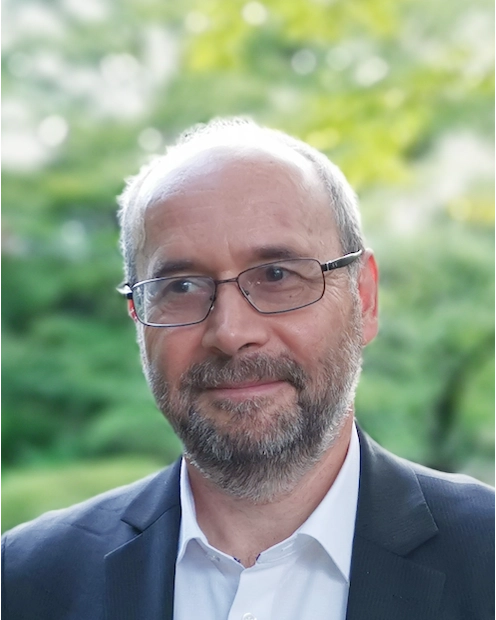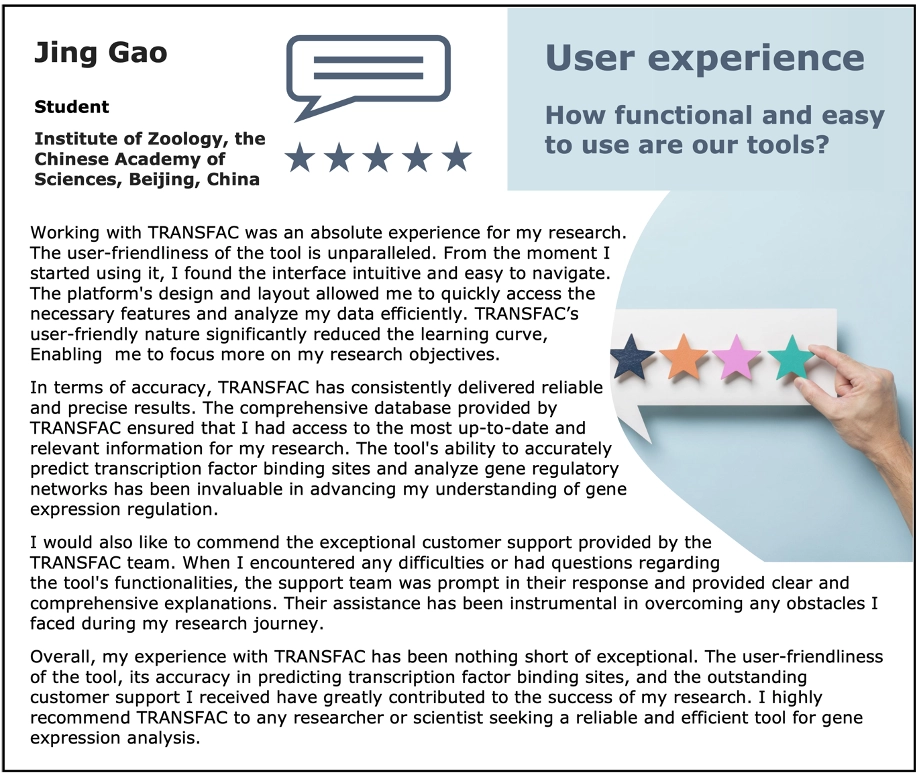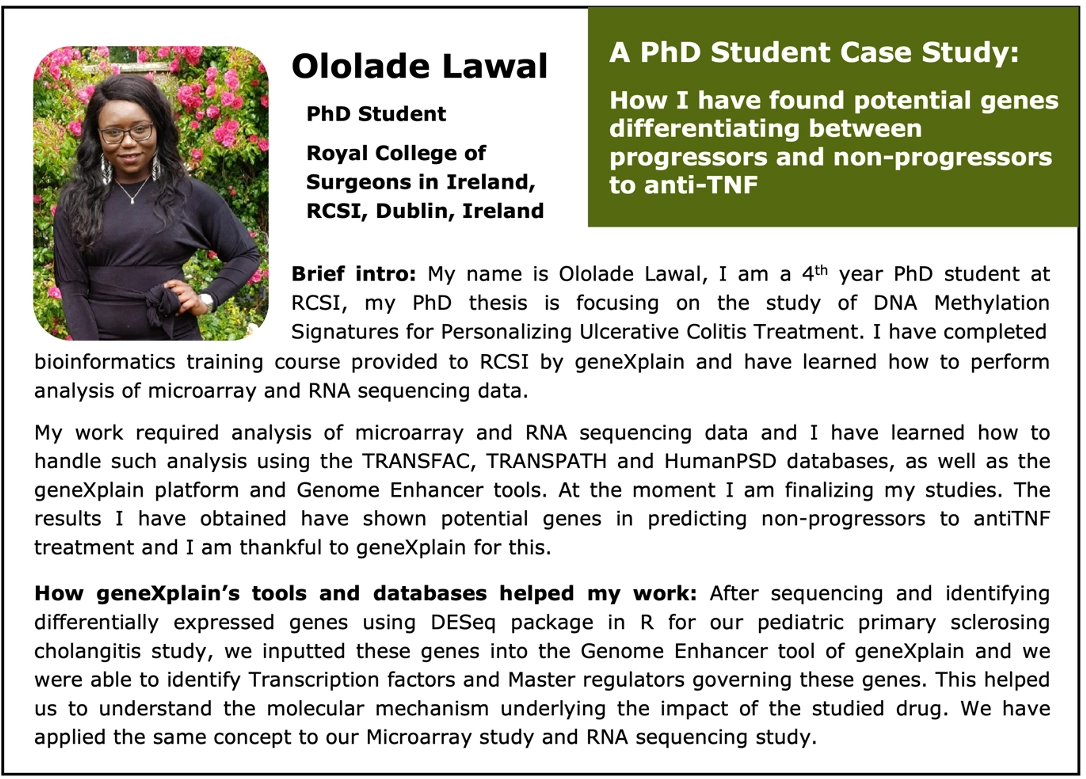CRISPR Synthetic Lethality screens and TRANSFAC Pathways
Q&A: Coffee break with TRANSFAC
November 26th, 6 PM CET
FREE online seminar
Seminar Description

In this webinar Prof. Dr. Alexander Kel, the CEO and CSO of geneXplain GmbH, will address the in-depth exploration of how CRISPR gene knockouts can be leveraged for TRANSFAC pathway discovery and the identification of cancer master regulators within the TRANSFAC network.
This seminar will highlight the utility of CRISPR synthetic lethality screens in discovering drug targets and understanding disease mechanisms within TRANSFAC pathways. Alexander will showcase a case study where a synthetic lethal CRISPR screen identified a cancer cell-intrinsic role of PD-L1 in regulating vulnerability to ferroptosis in Homo sapiens (GSE268533). Despite the success of PD-1/PD-L1 inhibitors in cancer therapy, only a minority of patients benefit from these treatments. The presented study uses a genome-wide CRISPR screen to explore the intrinsic function of PD-L1 in head and neck squamous cell carcinoma (HNSCC). This seminar will focus on how synthetic lethality screens, combined with the TRANSFAC database, can uncover pathways and regulatory mechanisms that highlight PD-L1’s role in cancer resilience. Additionally, we’ll discuss how these insights can enhance therapeutic strategies by targeting intrinsic PD-L1 functions.
The following main topics will be in the focus of this webinar:
What you will learn in this webseminar
Seminar Schedule
The session will start on November 26th at 6 PM CET with a lecture from Prof. Dr. Alexander Kel (approx. 1 hour) and will be continued with a Q&A session addressing the questions coming from the attendees of the online event (up to 30 minutes).
What You Get
The Lecturer

Prerequisites
Basic knowledge of biochemistry and molecular biology. No programming skills are required.



